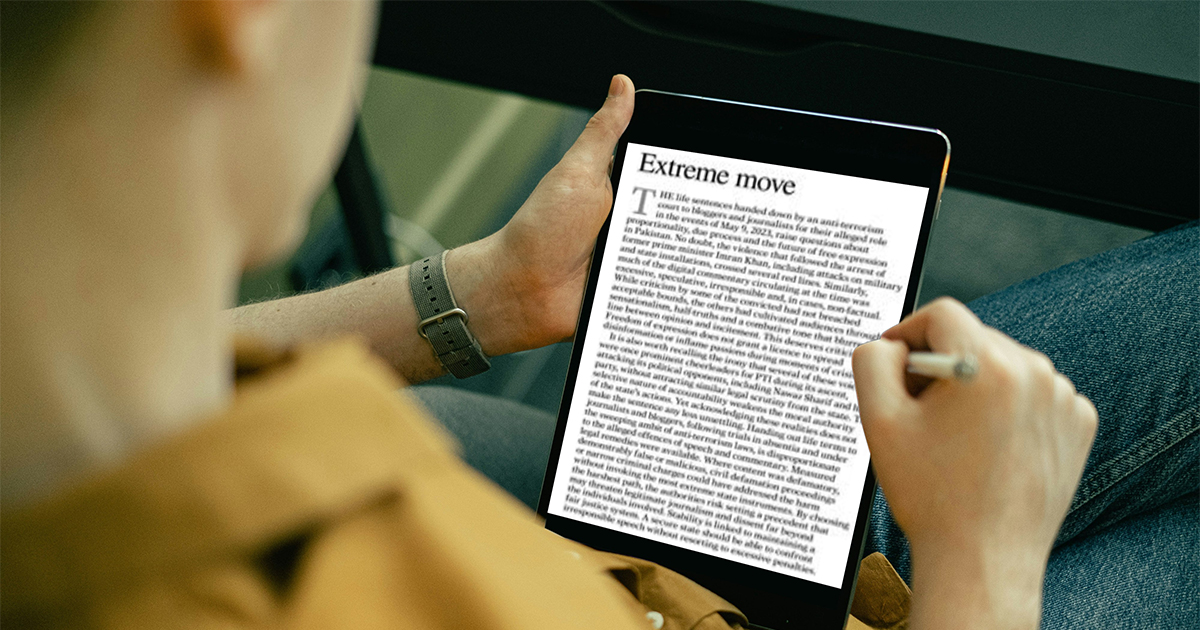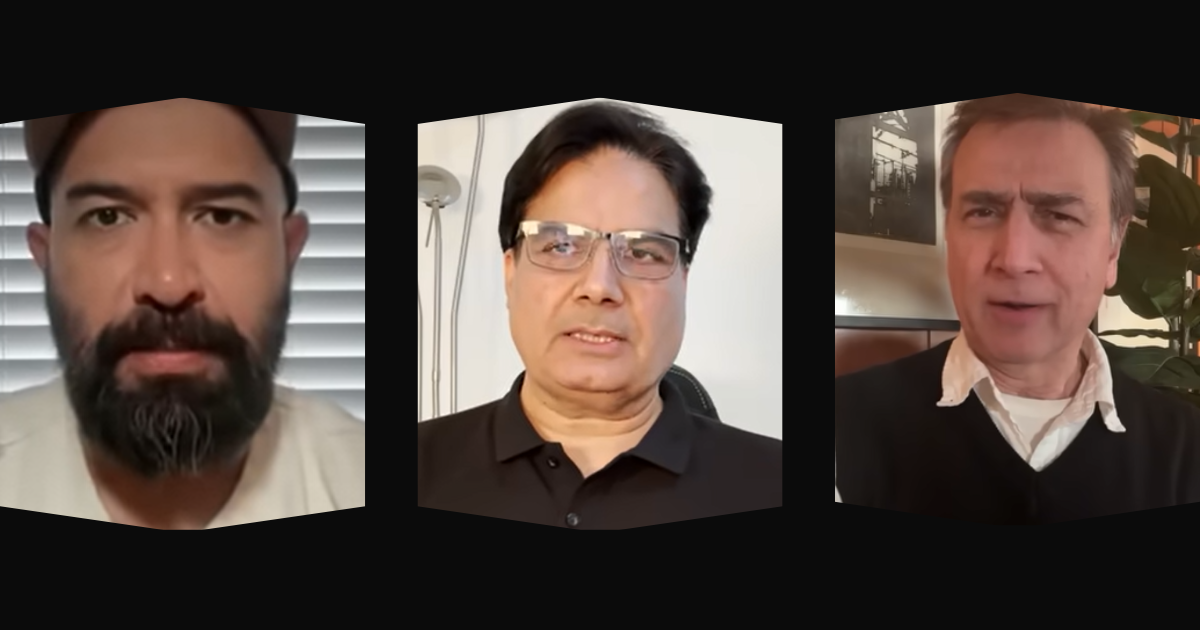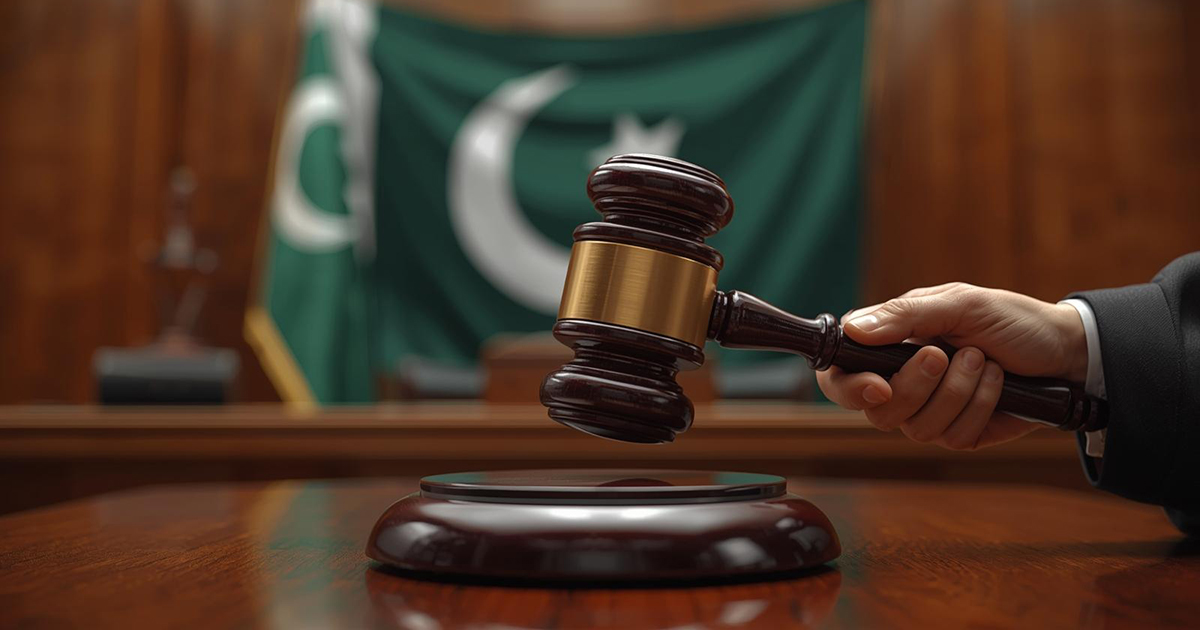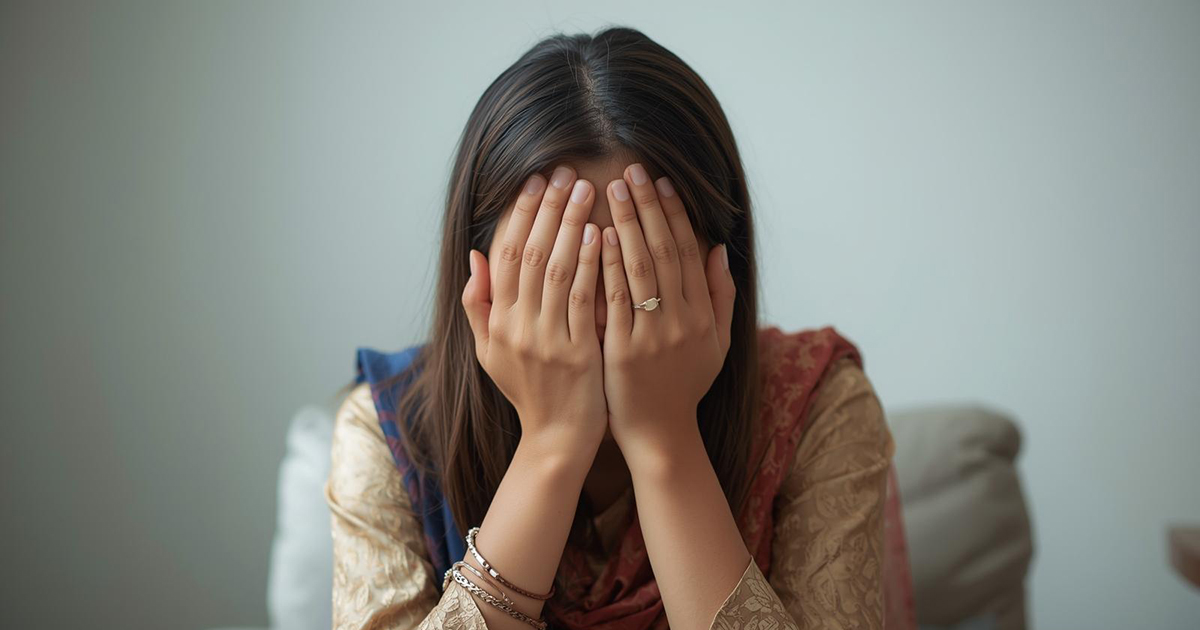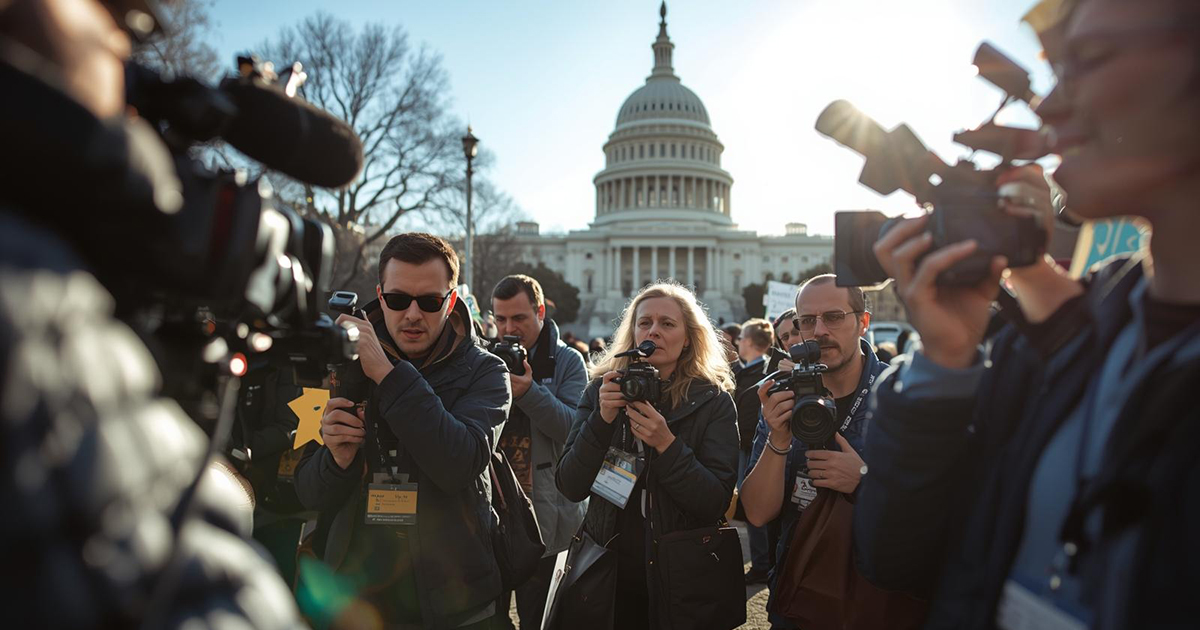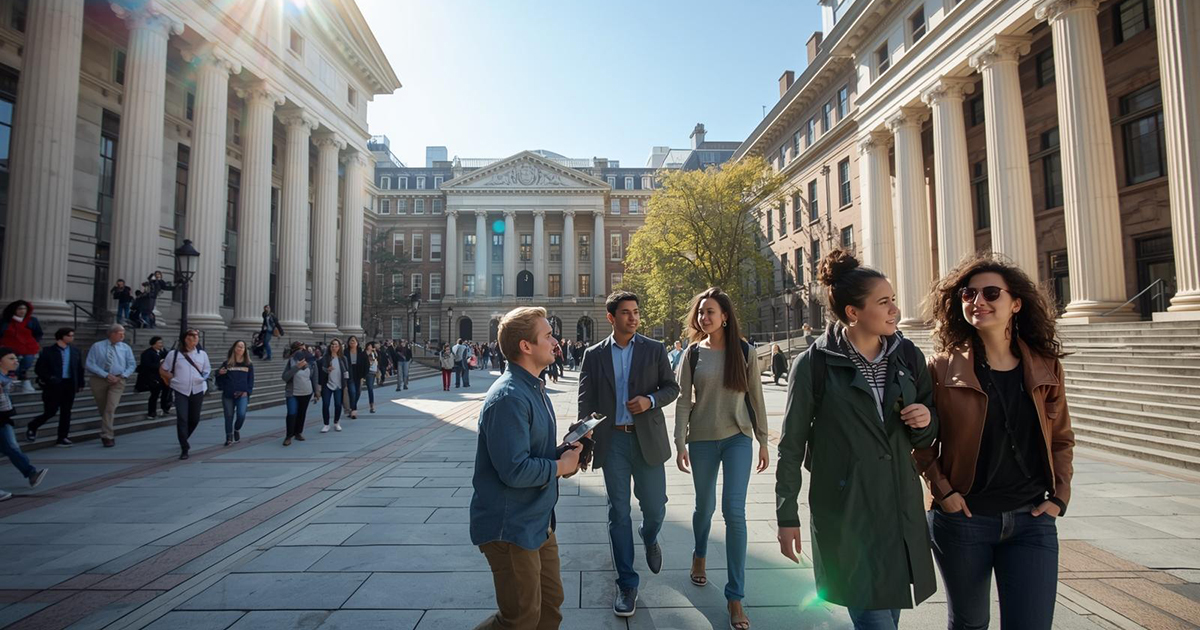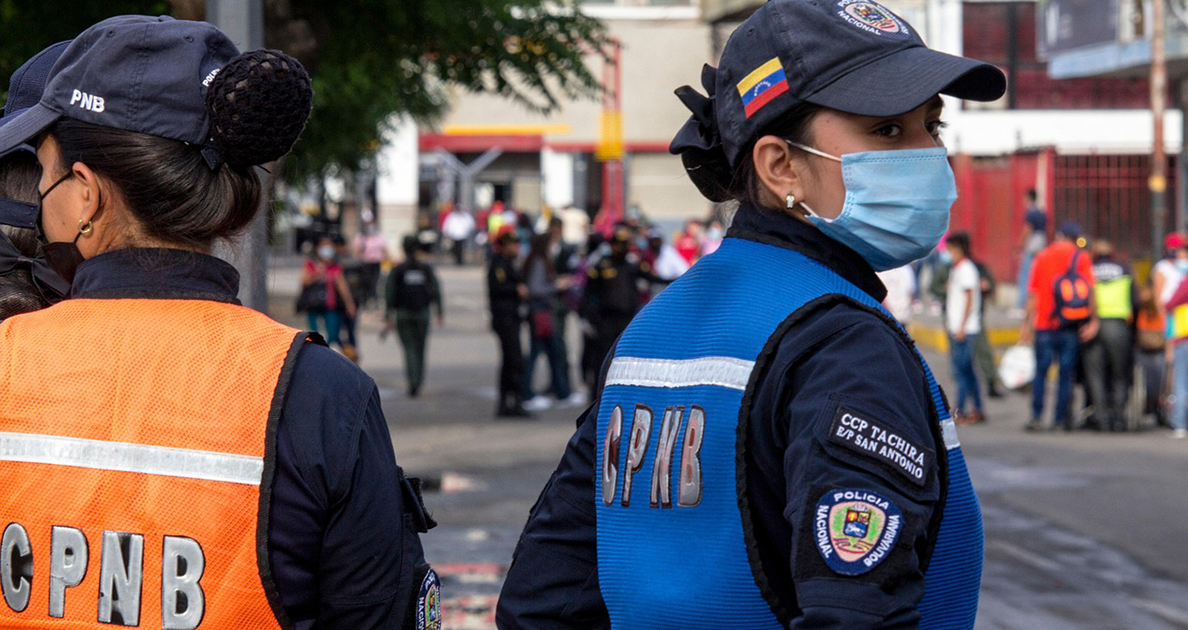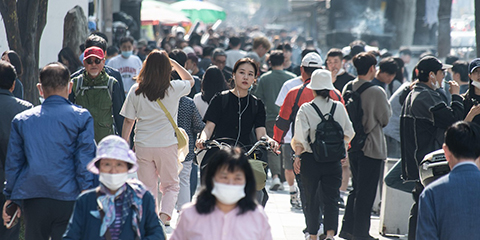Protesting attacks on media: Najam Sethi's suggestions
JournalismPakistan.com | Published: 29 March 2014
Join our WhatsApp channel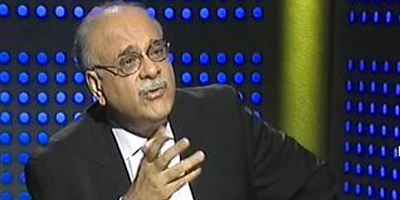
Najam Sethi proposed a media blackout on extremist organizations in response to recent attacks on journalists in Pakistan. He emphasized the need for unity among media houses to support each other during such crises.Summary
ISLAMABAD: Senior journalist and analyst Najam Sethi Saturday suggested that journalists and media houses should consider blacking out coverage of extremist organizations for a specified period to protest attacks against them.
He was speaking on Geo Television in his current affairs program Aapas Ki Baat, a part of which focused on Friday's attack on Express News Television anchor Raza Rumi.
Rumi came under attack near Raja Market in Lahore as he headed home after hosting his show. Although he miraculously survived, his driver was killed and a guard injured.
Sethi said that just as journalists in Afghanistan announced boycott of Taliban's coverage for 15 days following the killing of their colleague Sardar Ahmad, his wife and two children, the Pakistani media needed to take similar steps.
He however, lamented that media organizations in Pakistan were not united and did not seem to back each other in times of distress. Organizations that become victims splash the news on the front page but the same news is not given the importance and space by their competitors, he pointed out.
Sethi said that although journalists unions stage protests over such attacks, the media houses appear unmoved and do not provide the needed support to journalists.
He also suggested the extremist organizations needed to be told that by trying to silence the media, they were actually shooting themselves in the foot. A complete boycott of their coverage would actually be quite troublesome for them.
KEY POINTS:
- Najam Sethi raises the issue of attacks on journalists during his show.
- He suggests a similar boycott to that of Afghan journalists against the Taliban.
- Sethi criticizes the lack of unity among Pakistani media organizations.
- He highlights the indifference of media houses during crises.
- Sethi believes a media blackout would impact extremist organizations significantly.






